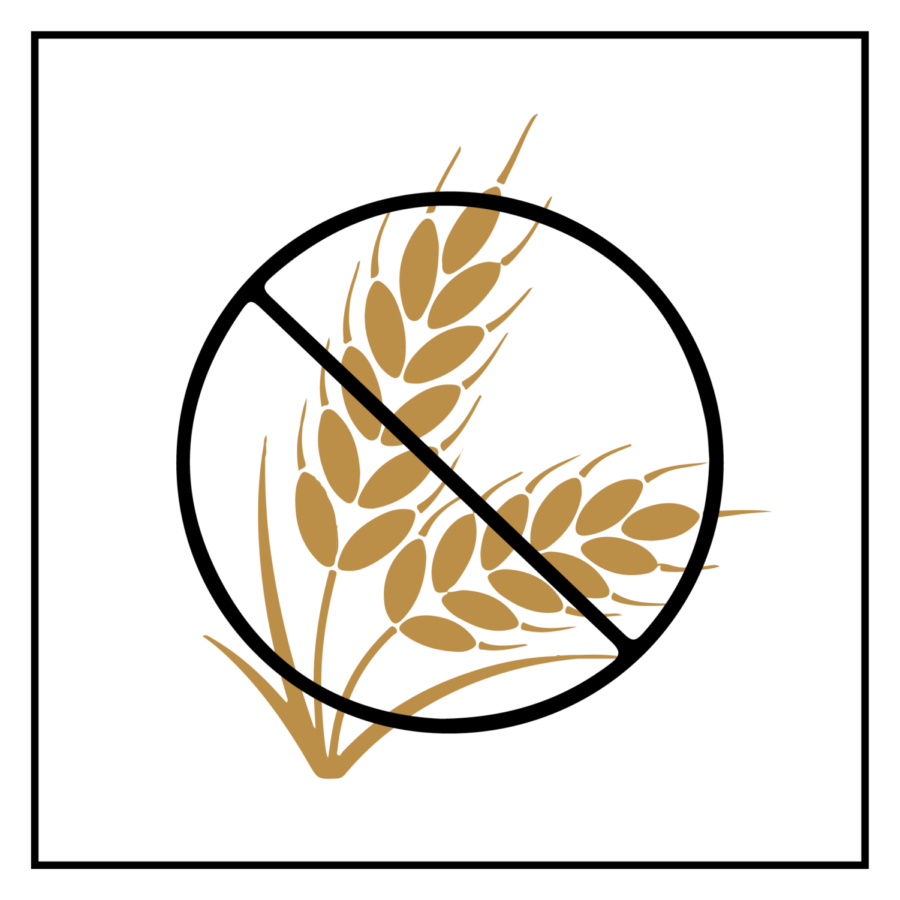Celiac Disease Awareness
Student covers why Celiac Disease should be taken seriously
When the phrase Celiac disease is mentioned, many people question, “So you can’t have dairy?”, “What is gluten?”, “So are you allergic?”. Celiac disease isn’t a lactose intolerance or an allergy, but an immune reaction disease from eating gluten that is actively damaging the small intestine’s lining preventing it from absorbing nutrients. Gluten is a wheat protein found in certain cereal grains meaning anyone diagnosed with celiac can damage their intestines with the consumption of anything from bread, pasta, cake, cookies, shampoos, makeup, Play-Doh, nail polish, and much more. Celiac disease should be highly recognized and included in school lunches and other public food places to relieve the stress off of individuals always having to question if there’s something gluten-free they can eat.
After personally being diagnosed with Celiac disease in July of 2022, my eyes have been opened to the gluten-free world. It has taken me time to adapt to the new diet I must follow for the rest of my life, as it will probably take me years to fully adapt to this big change. While learning the ins and outs of the disease, it’s made me realize Celiac disease needs much more awareness than it already has. The number one issue most people with Celiac disease struggle with, is finding food options in public areas. Places like restaurants, jobs, homes, and especially schools can be extremely exclusive to gluten-free diets. I can’t go anywhere without questioning if it sells something without gluten. I can’t easily go to any fast food restaurant and buy fries if I wanted to because I must worry if the employees are using cross-contaminated fryers that carry gluten — but how do you know the employees are safely using clean non-cross-contaminated supplies?
You don’t. You won’t ever be able to know, so having trust in the employees to do their jobs correctly is your only hope. With more and more children and teens being diagnosed with Celiac at a young age, school lunches are extremely important. I have only seen a small portion of gluten-free food, while the main course for most of the lunches include some type of bread, pasta, or breaded meat. This eliminates the majority of the food one could have with a gluten-free diet. Giving children more varieties of food makes them feel more inclusive and comfortable when buying food at school.
Peanut allergy awareness is highly raised to the pedestal, yet Celiac is brushed off and ignored. Many people assume that Celiac is a temporary discomfort that comes and goes. They believe one diagnosed with the disease can have something with gluten every once in a while, but this is simply not true. It only takes one bread crumb to damage your villi, leaving your body unable to absorb nutrients needed for health and growth. Peanut allergies require intense care and seriousness because one could die if they consumed nuts, but one could also die from Celiac as well which from the damage, can lead to many different autoimmune diseases and also cancer.
Let’s bring Celiac labels to public menus and food products alongside the common ones as well.

Ava McNiel is a senior and this is her second year on staff as a Photo Editor. Ava loves living life spontaneously and is up for any adventure at the drop...




